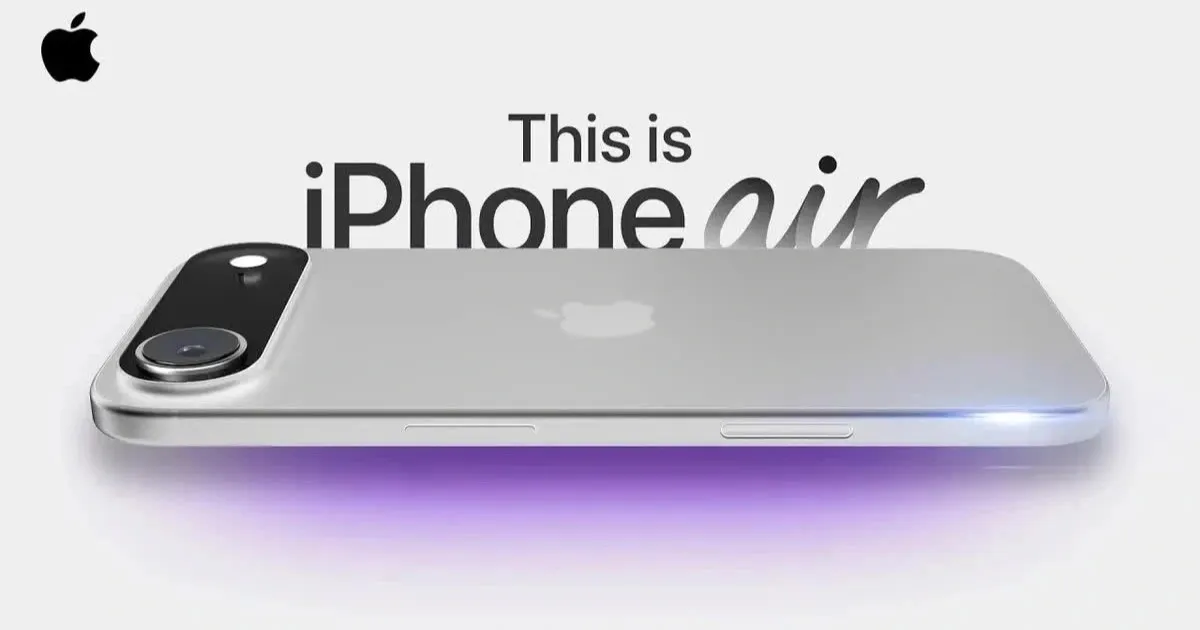Apple has caused a lot of discontent when it admitted that it was deliberately sabotaging progressive web apps (PWAs) on iPhones in the EU. The reason Apple gave was to comply with the Digital Markets Act (DMA), a new EU law aimed at preventing monopolistic practices and protecting competition in the digital market. However, many people think that this is an excuse from Apple, and that the company's action is an infringement of the user's choice and an injustice to the web app developers.
PWA is a type of web app that can run on various platforms, including smartphones, tablets and computers. PWA can provide a user experience similar to native apps, but without having to download or install them. PWA can also work offline, receive push notifications and access hardware features such as camera, GPS and sensors.
This is a new trend in the field of app development, as PWA can save costs, time and resources for developers and users. Many popular apps such as Twitter, Pinterest, Uber and Starbucks have used PWA to improve efficiency and increase revenue.
However, Apple has made it difficult for developers and users of PWA on iPhones in the EU, when the company deliberately sabotaged these apps by changing the way Safari browser works. According to Apple, the company had to comply with DMA, a new EU law aimed at preventing monopolistic practices and protecting competition in the digital market. DMA requires Apple to allow users to choose the default browser on iPhone, instead of only using Safari.
Allowing different browsers to run PWA on iPhone would pose a lot of security risks, as these browsers could access sensitive data of users without their consent. Apple also said that this would reduce the quality of PWA, as different browsers might not fully support the features of PWA, such as push notifications, background mode and icons on the home screen.
-1708050996.jpg)
The reason that Apple gave seemed reasonable, but if we look closer, we can see that the company's action is a monopolistic and unfair one. First, Apple is deliberately sabotaging PWA to protect the market share of App Store, where the company charges 30% for each transaction. If users switch to using PWA, Apple will lose a large source of income. Second, Apple is reducing the user experience with PWA, as they cannot use the browsers they like, but have to endure the limitations of Safari. This takes away the user's choice, and also reduces the diversity and creativity of web apps. Third, Apple is being unfair to web app developers, as they have to face many difficulties and barriers when developing PWA on iPhone. This reduces the competitive and development opportunities for web app developers.
The EU has spoken out against Apple for sabotaging PWA on iPhone, saying that the company is violating DMA and causing disadvantages for developers and users. The EU also threatened to apply sanctions if Apple does not fix this issue.
The PWA community has also expressed dissatisfaction with Apple, and demanded that the company respect the user's choice. Many developers and users have signed an online petition, asking Apple to restore the functionality of PWA on iPhone in the EU, and allow users to choose the default browser without affecting PWA.
-1708050797.jpg)

-1708504861.jpg)

